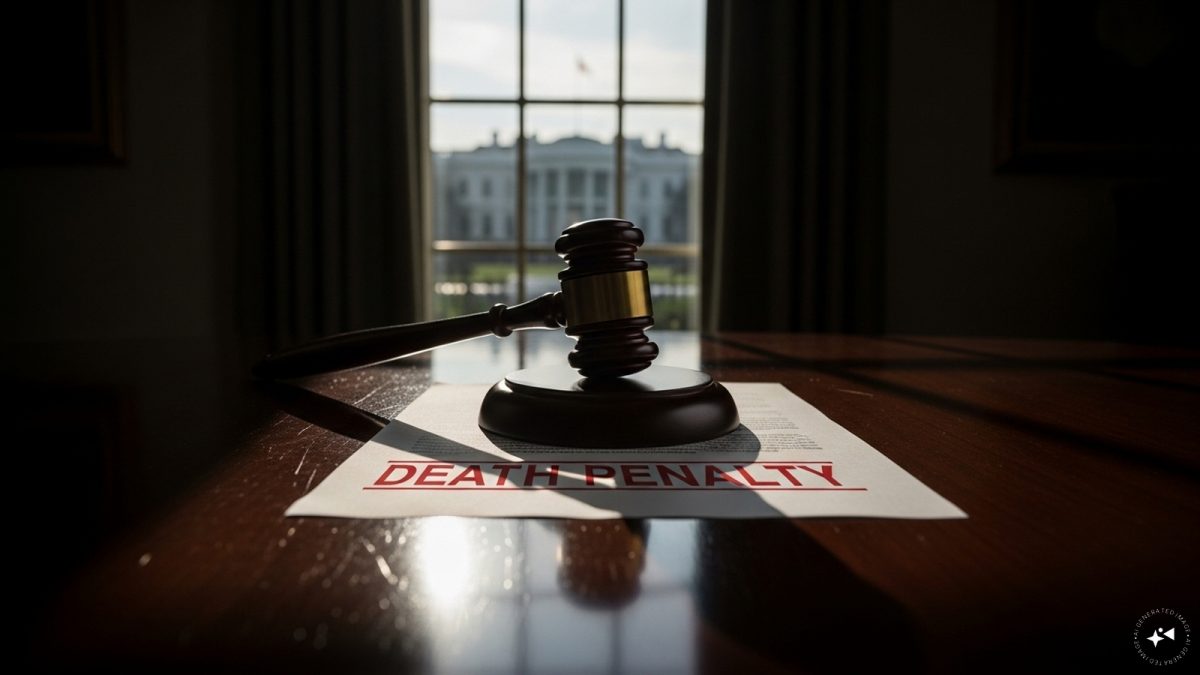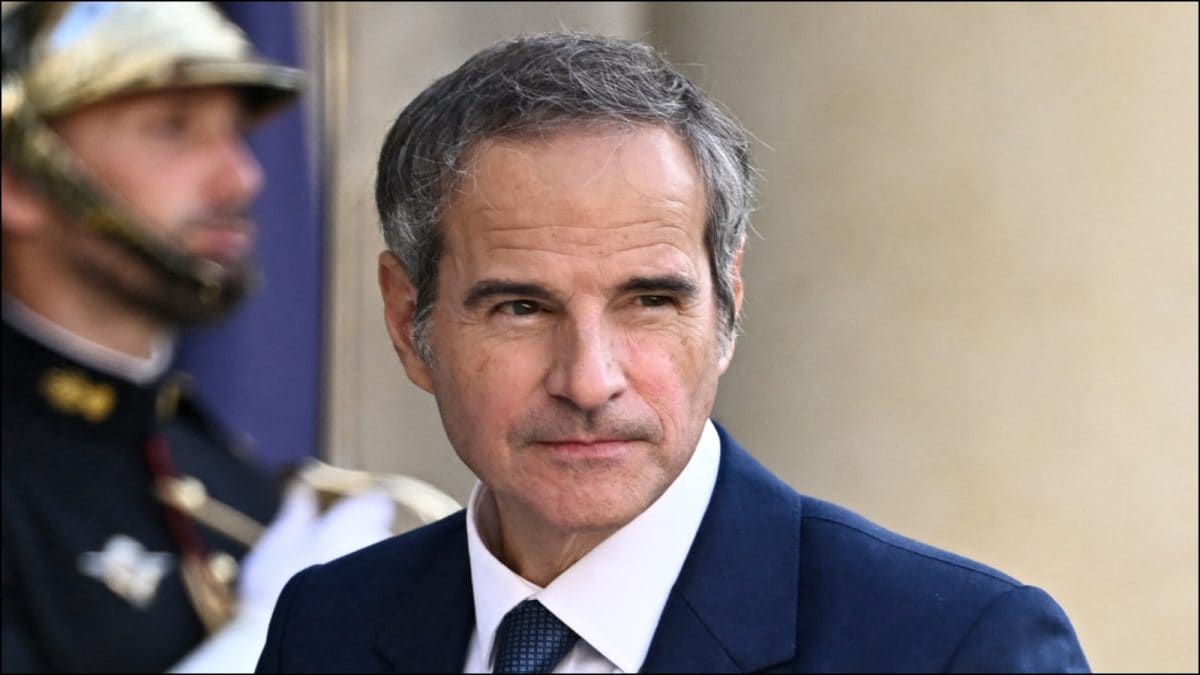While Washington has long outlawed executions under local law, Trump’s push highlights how federal authority can override the city’s stance. For prosecutors, his plan would mean one outcome in murder cases: to seek the death penalty.
President Donald Trump on Tuesday announced that his administration will move to make the death penalty mandatory in all murder cases in Washington, D.C., intensifying his push for tougher crime policies and expanding federal authority over the capital.
“If somebody kills somebody in the capital, Washington, D.C., we’re going to be seeking the death penalty, and that’s a very strong preventative,” Trump said during a White House cabinet meeting. “I don’t know if we’re ready for it in this country, but we have it. It is — we have no choice.”
The declaration was made without details on how the policy would be enforced. The last execution in D.C. occurred in 1957 and the city formally abolished capital punishment in 1981. In a 1992 referendum, residents also decisively rejected reinstating it.
Most homicides in the district are prosecuted under the city’s criminal code in D.C. Superior Court, where capital punishment is not an option. However, because the U.S. Attorney’s Office in Washington handles both local and federal prosecutions, federal charges can still be brought in certain cases, opening the door to pursuing the death penalty despite the local ban.
The Trump administration has already signalled its willingness to use that route. Earlier this year, Attorney General Pam Bondi lifted a Biden-era moratorium on most federal executions, and prosecutors have moved to seek capital punishment in the case of Luigi Mangione, accused of murdering United Health executive Brian Thompson.
Applying the death penalty to all murder cases in the capital would represent a major escalation, likely adding a significant number of defendants to federal death row. Such prosecutions are typically lengthy and complex, as capital defendants have multiple avenues of appeal.
While Washington has long outlawed executions under local law, Trump’s push highlights how federal authority can override the city’s stance. For prosecutors, his plan would mean one outcome in murder cases: to seek the death penalty.
End of Article

)

